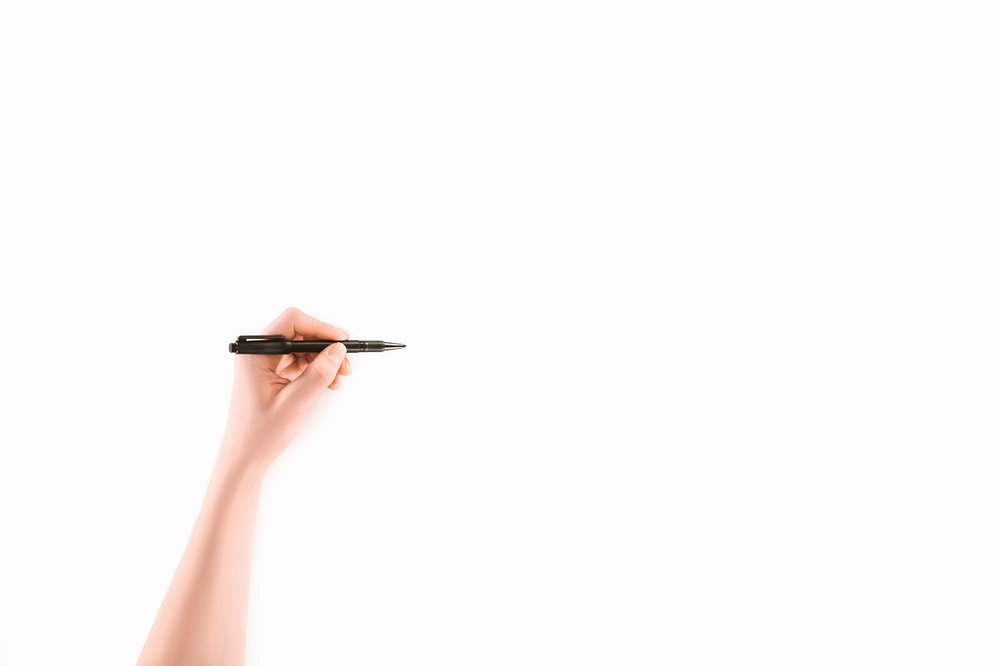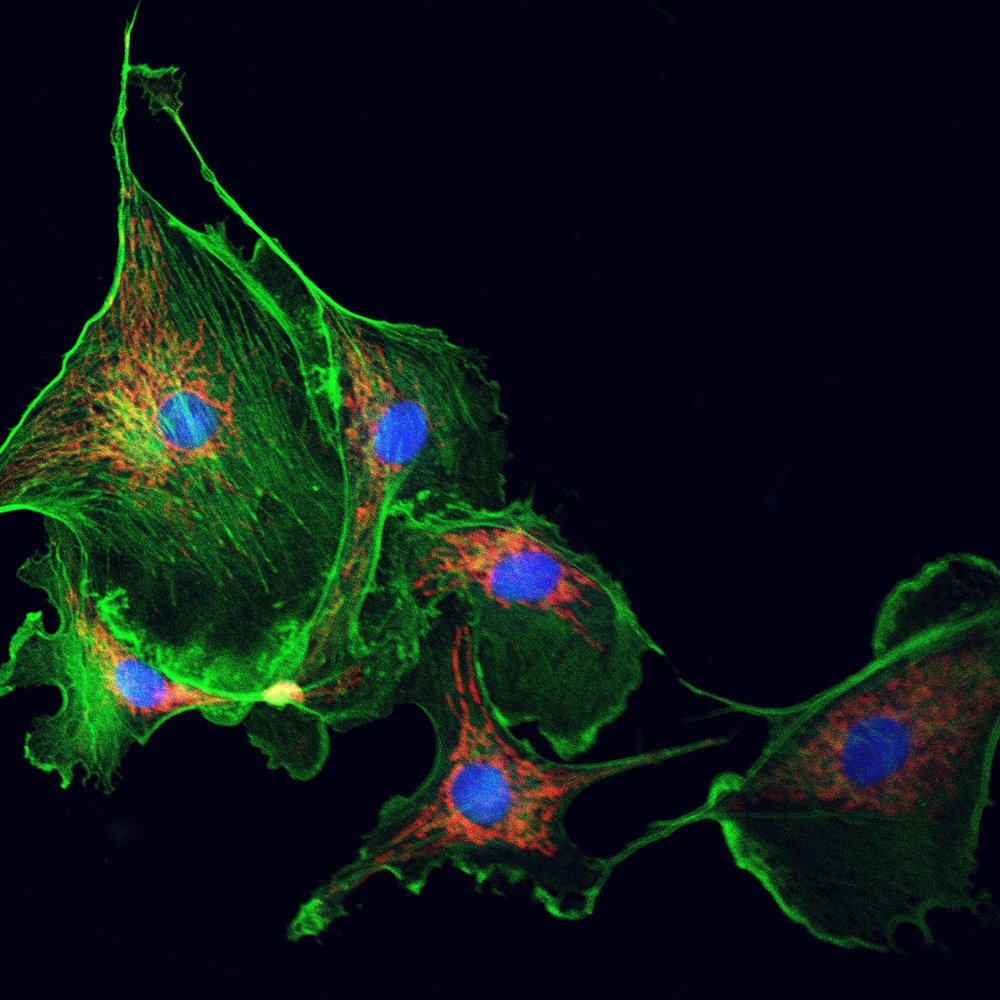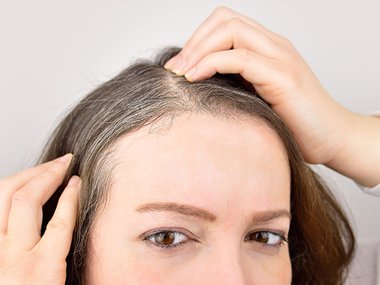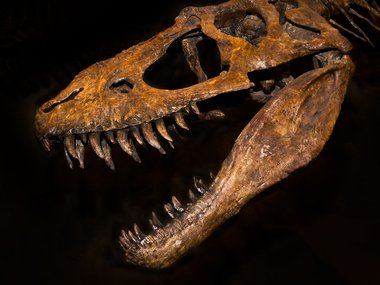Question Your World: What Causes Left-Handedness?
90% of the world is right-handed. History and culture have not been kind to left-handers, a somewhat rare occurrence among us humans. So, after all these years, if the right hand is preferred, why do we still have a bunch of lefties out there? What causes left-handedness?
For the last 10,000 years or so, humans have been mostly right-handed, only about 10% of us are left-handed. Due to this rareness, being left-handed has gotten a bad rap over time. For example, the word “left” itself for Anglo-Saxon speakers translates to having weakness, the word “sinister” in Latin translates to “on the left side”, and even old lore from Scotland often refers to how it’s unlucky to meet a left-handed person at the start of a journey. Meanwhile, when things are correct, they are "right." Clearly there's been a one-handed bias throughout language and culture. So, why do we have left-handed folks anyway?

Image credit: Getty Images
To help answer that question, scientists recently did some detailed imaging of the brains of left-handed people. These scientists dug through the genomes of about 400,000 people to look for genetic variants shared among left-handed individuals. Of that big population, about 10,000 of the identified left-handers had their brains photographed for detailed cerebral information. This research has shown, for the first time ever, that certain genes that guide the development of our cellular scaffolding, or the stuff that helps keep the cell’s shape (also known as cytoskeleton), are associated with handedness in humans! Cytoskeletons were specifically studied in the language portion of the brain where they observed differences between left or right-handed folks, the first ever visual proof of a left vs right-handed brain!

Image credit: Getty Images
We humans are not alone in this, of course. Many animal species show left versus right asymmetry. Snails also show sidedness with their shells, which, like piglet tails or a lobster’s dominant claw, develop to go either left or right. Interestingly, the curve of a snail's shell is guided by these same cytoskeleton genes!
Okay, what’s left… oh right, there is also a possibility that these differences start appearing in the womb. Any moms out there with kids that made their soccer playing debut in utero? More research is needed, but these babies could very well be kicking with their dominant foot!
So, it turns out that similar to hair color or the size of one’s nose, handedness too is an inherited trait. A great reminder that when it comes to learning more about ourselves, science is always here to give us a hand … left or right.


